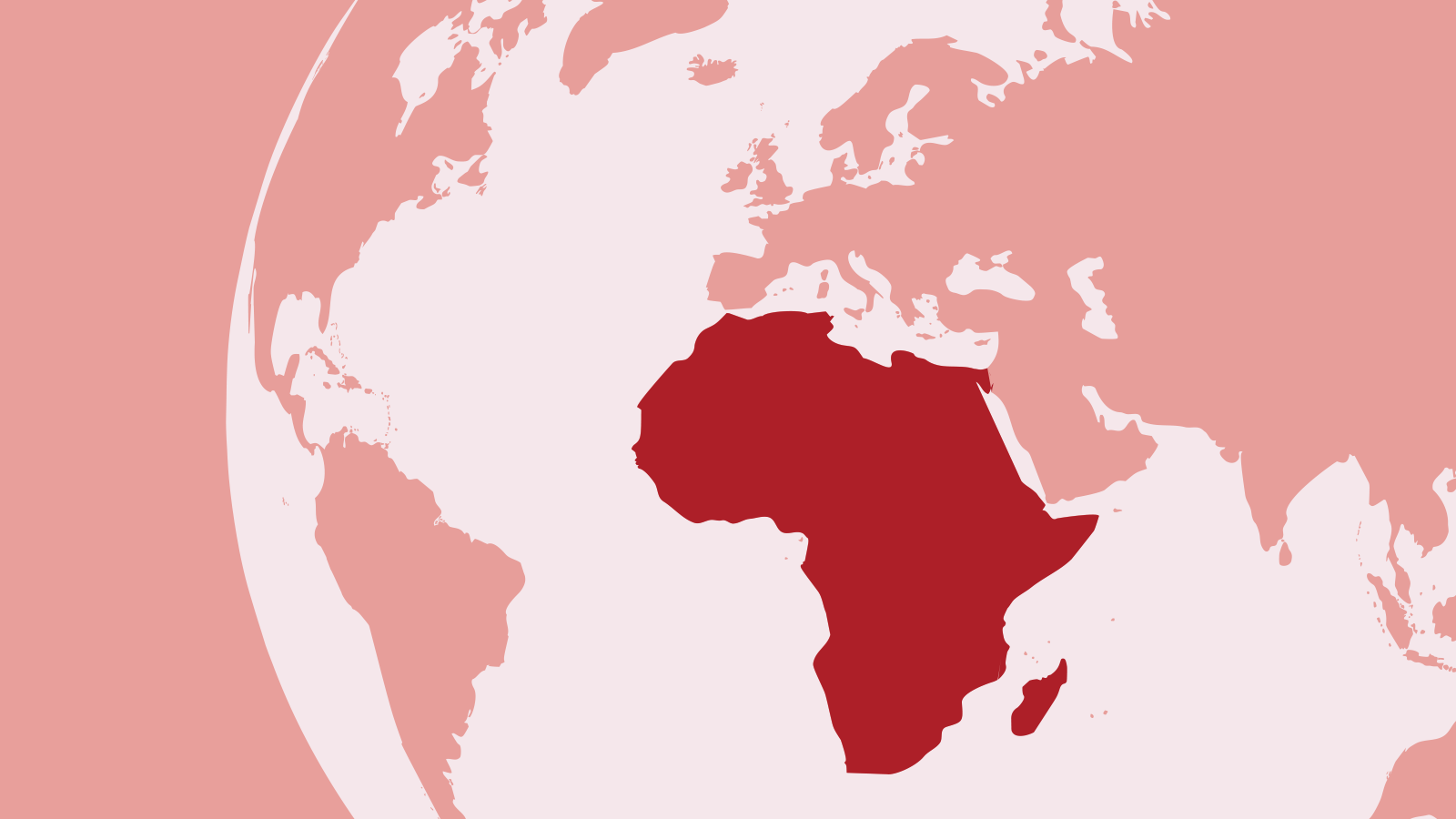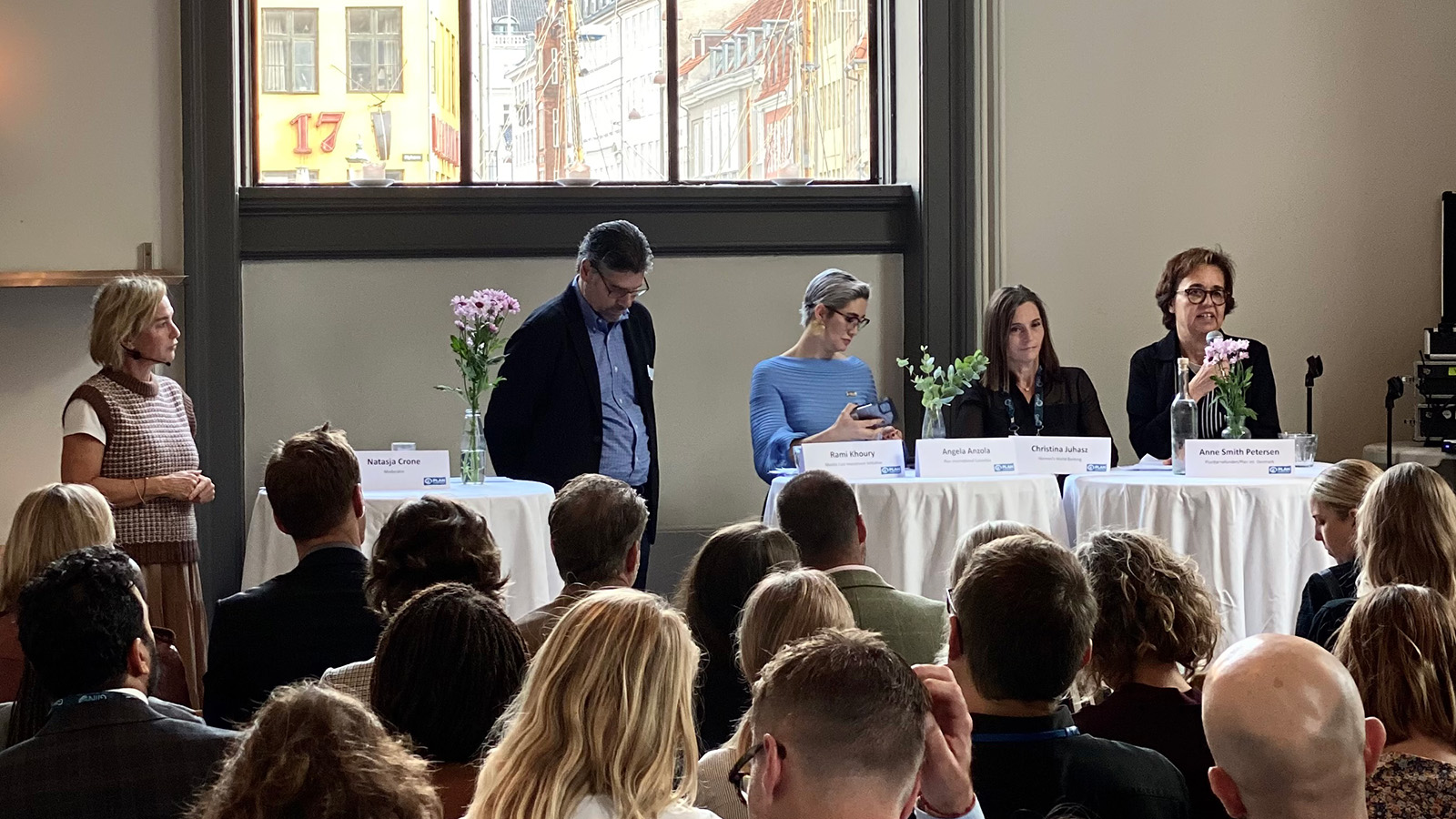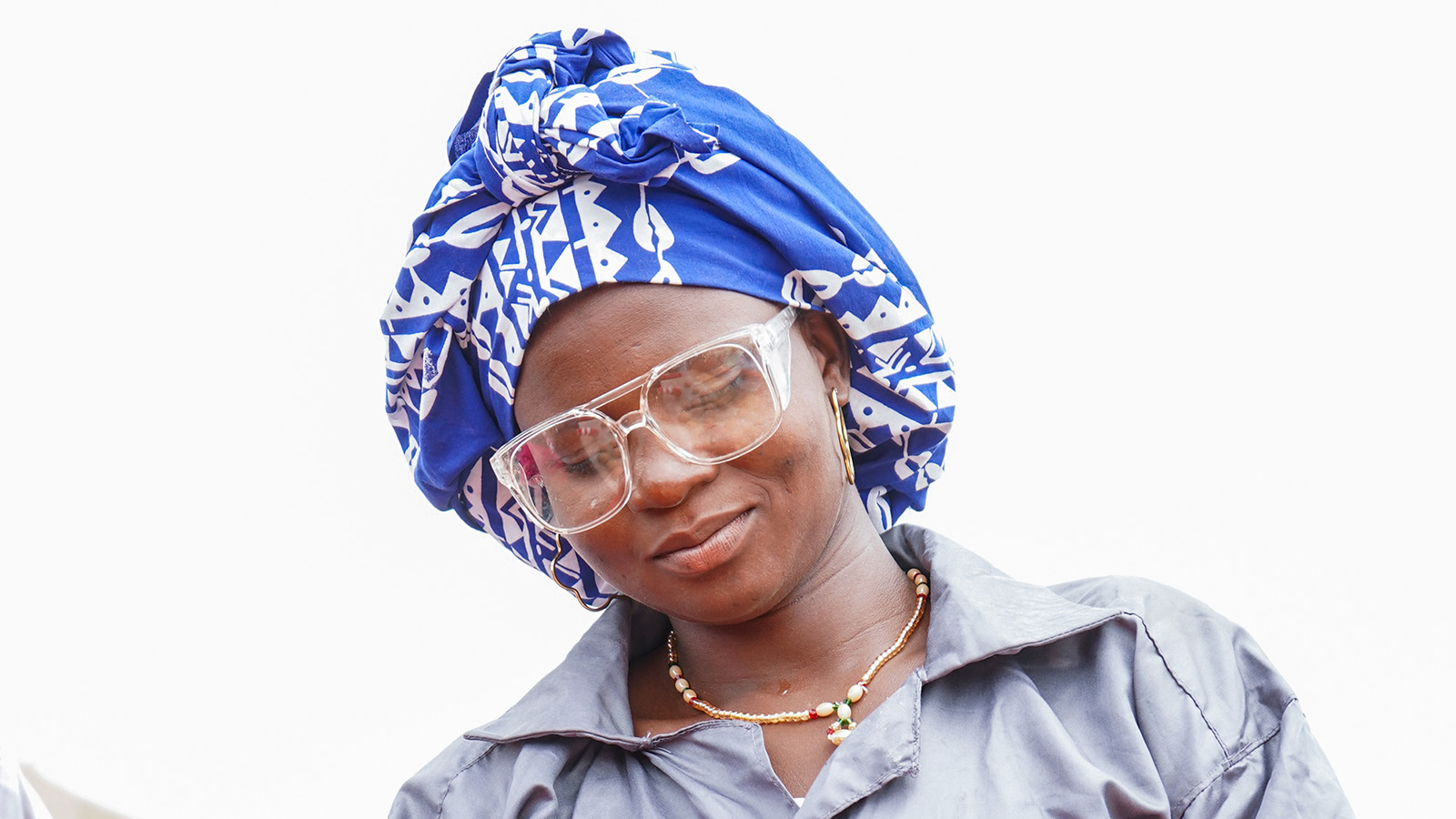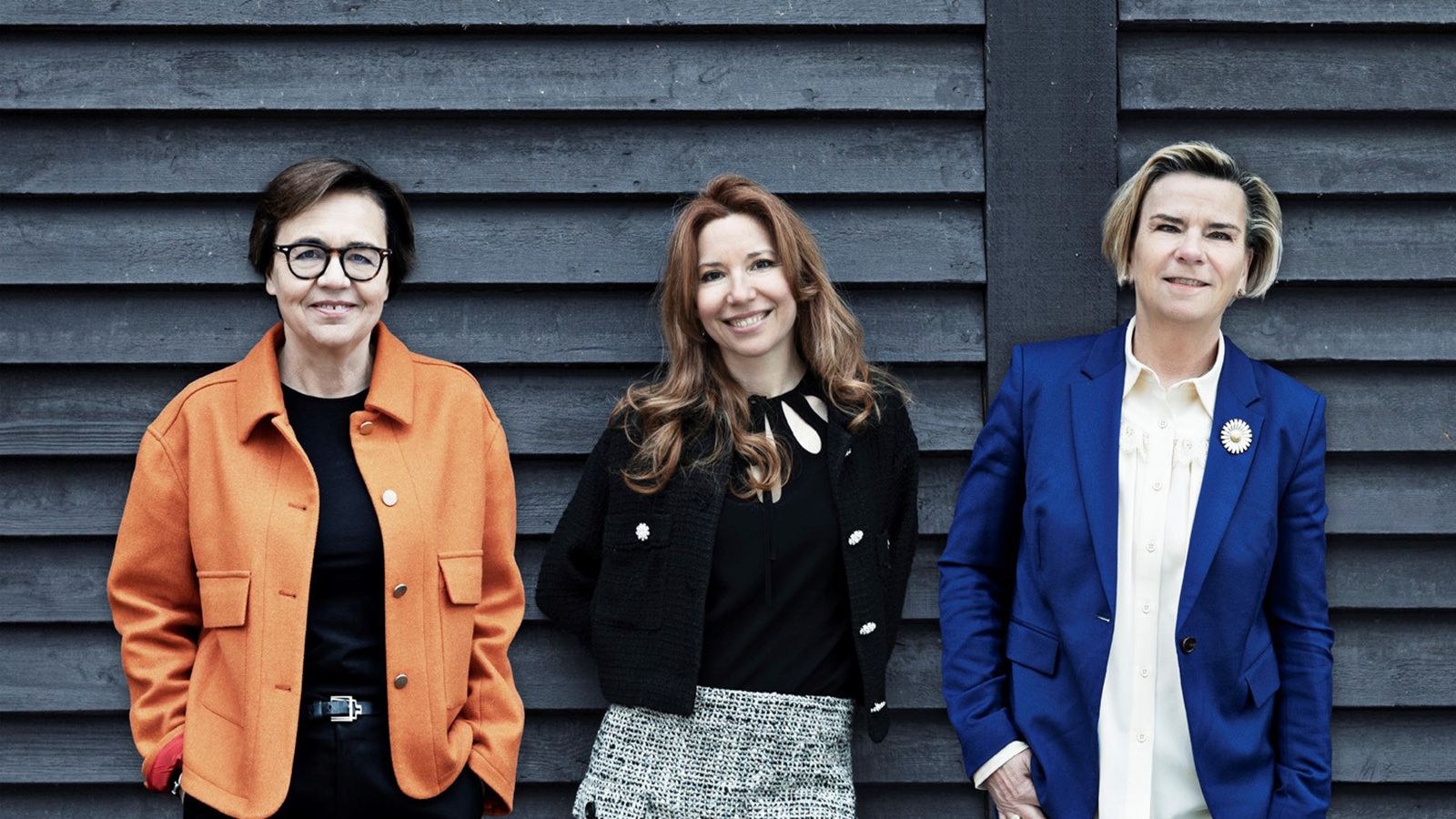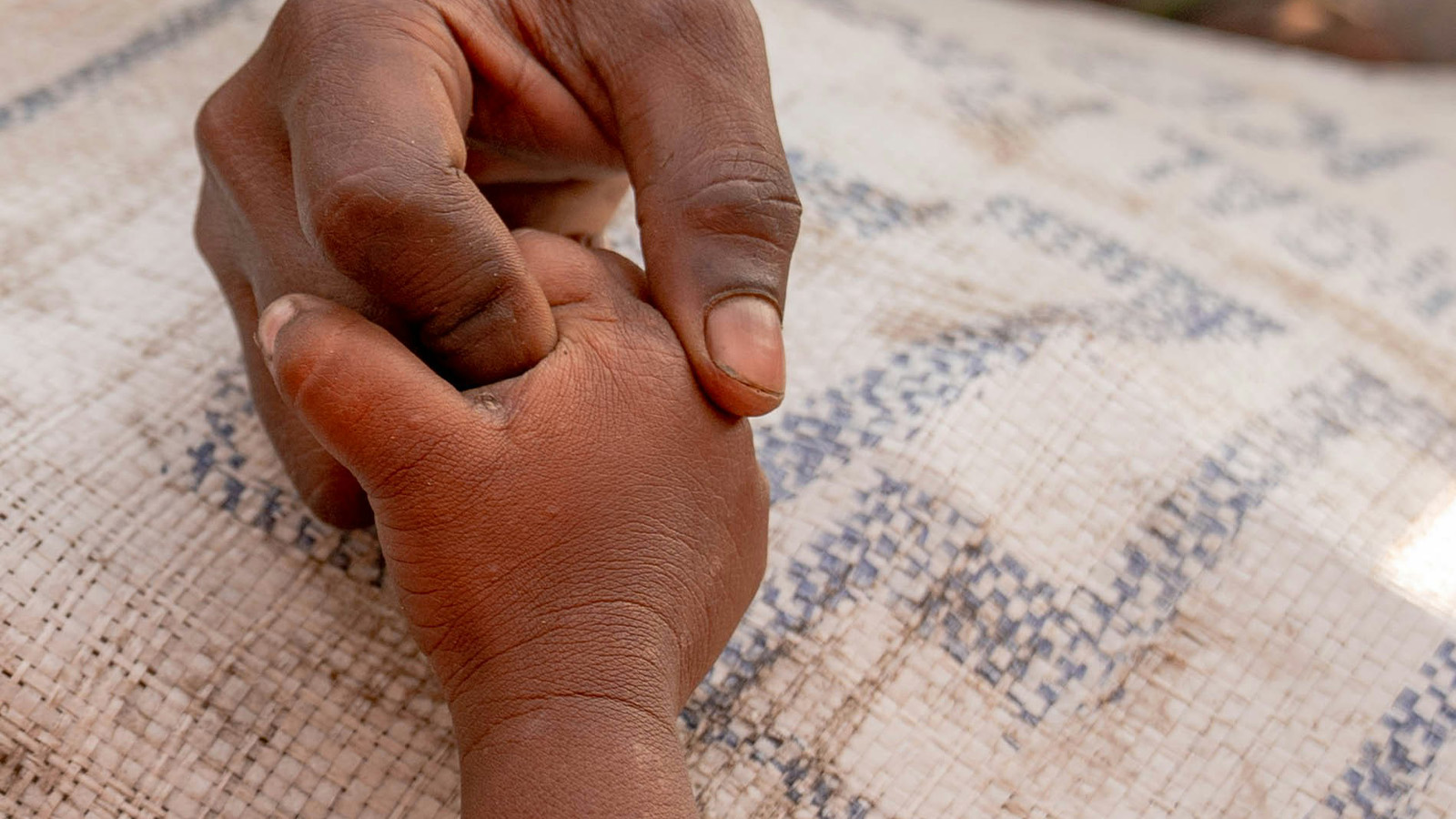The Capital 4 Impact Foundation (C4IF) is playing a key role in advocating for innovative financing solutions to mobilize private-sector investments, addressing the global funding shortfall in development.
Denmark is at a pivotal moment in shaping its international development strategy, with a new policy set to be adopted by Parliament in June. The Danish government’s “Africa Century Strategy” emphasizes leveraging aid to attract private capital, thus scaling impact investments. C4IF has been at the forefront of these discussions, pushing for policy measures that promote long-term sustainability, economic growth, and increased private-sector participation in financing the UN Sustainable Development Goals (SDGs).
C4IF’s Policy Recommendations for a New Development Approach
Since December, C4IF, together with its founder PlanBørnefonden, has been actively engaging with key stakeholders to break down barriers to private investment in development. The foundation has made several recommendations to the Ministry of Foreign Affairs, including:
- Development guarantee instrument: Establishing a mechanism to de-risk impact investments beyond the existing framework of the Danish Investment Fund for Developing Countries (IFU).
- Technical assistance funding: Allocating resources to develop viable investment cases and reduce high transaction costs.
- Focus on smaller tickets alternatives to foster capital additionality: Facilitating collaboration with Development Finance Institutions (DFIs), Institutional Investors and emerging impact investors like C4IF.
Strategic Engagements and Partnerships
To advocate for these recommendations, C4IF has been deeply involved in high-level discussions with policymakers, industry leaders, and investors. Key engagements include:
- February 7: A working session facilitated by C4IF with Dansk Erhverv on private-sector partnerships and innovative financing. Participants included the Ministry of Foreign Affairs, IFU, World Diabetes Foundation, Velliv, and Abler Nordic.
- March 10: A focused dialogue on impact investments with Aktive Ejere, which engaged pension funds such as Lærernes Pension, alongside investment managers including Danske Bank and Mai Invest.
- Ongoing: C4IF continues partnerships with political representatives and advocate at key NGO-led conferences, ensuring that private investment remains central to Denmark’s development policy conversation.
Emerging Trends in Denmark’s Development Strategy
Several key messages have emerged through these engagements that are expected to influence the final policy:
- Commitment to 0.7% of GNI for development aid: Denmark remains one of the few European governments, that is committed to maintaining this level of aid.
- Support for new partnerships: There is a strong momentum toward using parts of development funding as a catalyst for private-sector investment beyond traditional aid structures and grant-giving.
- Shift to blended finance models: A shift is underway from philanthropic models based solely on grants toward blended finance that combines grants with actual private-sector investments.
- Consideration of new financial instruments: Instruments such as technical assistance for small-ticket investments and expanded guarantee and de-risking mechanisms are gaining attention.
What’s Next for C4IF?
As negotiations intensify ahead of the policy’s finalization, C4IF will continue to advocate for a development approach that unlocks private capital and fosters sustainable economic growth. By maintaining close engagement with key stakeholders such as Invest for Impact Denmark and Aktive Ejere, C4IF ensures that impact investment remains a top priority in Denmark’s evolving development strategy.
Stay updated with C4IF on LinkedIn for the latest insights and policy developments shaping the future of impact investment.

